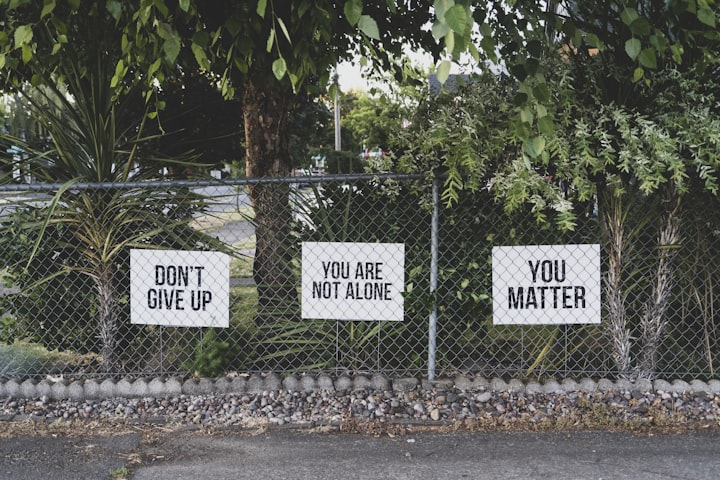Feeling Overwhelmed? Here's How Taking a Mental Health Day Can Boost Your Productivity
The Surprising Truth About Taking a Mental Health Day - Don't Miss Out!

In today's fast-paced world, it's not uncommon to feel mentally exhausted. Sometimes, taking a mental health day is exactly what you need to recharge your batteries and return to work with a fresh mindset. However, admitting that you need a mental health day can be daunting, and many people worry about the stigma surrounding mental health. It's important to remember that you're not alone in this struggle. In fact, taking care of your mental health is a sign of strength, not weakness. In this article, we'll explore the benefits of mental health days, discuss how to approach your employer about taking one, and provide tips for making the most of your time off. So, if you're feeling overwhelmed and in need of a break, keep reading!
Why Mental Health Days Matter

Mental health days are a necessary part of self-care. Just like you take sick days when you're physically ill, taking a mental health day when you're mentally exhausted is crucial for your well-being. Mental health days allow you to step back from your responsibilities, take a break from the stressors in your life, and prioritize your mental health.
In addition to benefiting your mental health, taking a mental health day can also improve your productivity. When you're mentally exhausted, it's difficult to focus and complete tasks efficiently. By taking a day off to recharge, you can return to work with renewed energy and a clearer mind. This can lead to better performance and increased job satisfaction.
Approaching Your Employer

Approaching your employer about taking a mental health day can be daunting, but it's important to remember that it's your right to take time off for your mental health. Before approaching your employer, it's helpful to familiarize yourself with your company's policies regarding sick leave and mental health days. This will give you a better understanding of what to expect and how to present your request.
When speaking with your employer, be honest about why you need the time off. You don't have to go into great detail, but it's important to communicate that you're feeling mentally exhausted and need a break. Let your employer know that you're committed to your job and will make up any missed work when you return.
If you're worried about the stigma surrounding mental health, remember that taking a mental health day is a sign of strength, not weakness. By prioritizing your mental health, you're taking an important step towards self-care and well-being.
Making the Most of Your Time Off

Once you've secured a mental health day, it's important to make the most of your time off. This means disconnecting from work and focusing on activities that bring you joy and relaxation. Here are some tips for making the most of your mental health day:
Disconnect from technology: Take a break from your phone and computer to give your mind a rest.
Practice self-care: Do something that makes you feel good, whether it's taking a hot bath, going for a walk, or reading a book.
Spend time with loved ones: Connect with friends and family members who support your mental health.
Get outside: Spending time in nature can have a calming effect on the mind and body.
Practice mindfulness: Try meditation, yoga, or deep breathing exercises to calm your mind and reduce stress.
In conclusion, taking a mental health day is an important part of self-care. It allows you to step back from your responsibilities, prioritize your mental health, and return to work with renewed energy. If you're feeling mentally exhausted, don't be afraid to approach your employer about taking a mental health day. Remember, you're not alone in this struggle, and prioritizing your mental health is a sign of strength, not weakness.





Comments
There are no comments for this story
Be the first to respond and start the conversation.